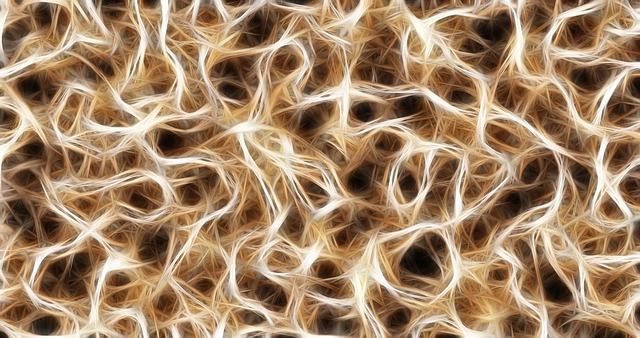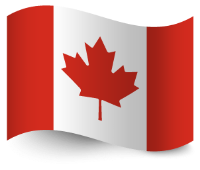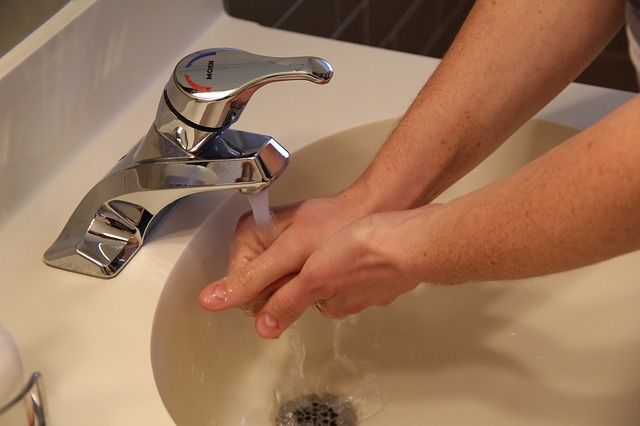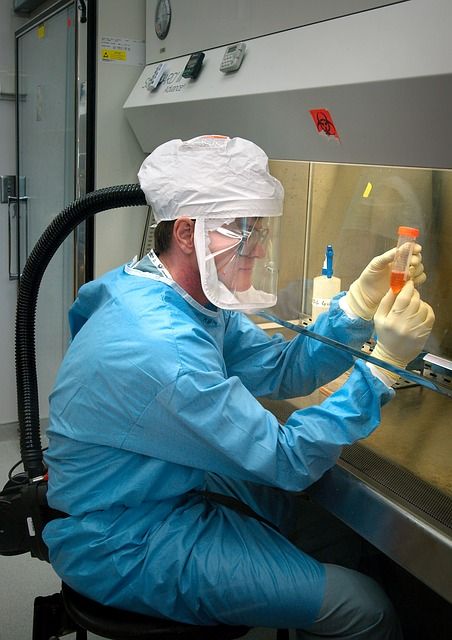Cold sore virus harder to shake than previously thought
A lot of people are of the belief that once they have undertaken their treatment for cold sores and the blemishes are beginning to become less conspicuous, they are able to relax and worry less about passing on the virus to other people, whether by sharing cups and cutlery, or through kissing.
However, a new piece of research by Australian National University (ANU) has revealed that the herpes simplex (HSV-1) virus may actually be contagious up to 10 days following infection, meaning that even once you have finished your course of cold sore treatment you may have to continue taking precautions.
Details of the Australian study, which were published in the journal PLOS Pathogens, show how the "damaging genes" of the virus spread throughout the nervous system and are able to begin further infection even after blisters have faded.
"The traditional view of viral latency, and particularly in the case of HSV-1, is that the virus is either active or not active and there's not much in-between," commented Professor David Tscharke from the Department of Immunology and Infectious Disease at the ANU's John Curtin School of Medical Research.
"But now we know that the HSV-1 virus is still spreading in the nervous system at a time that most people thought the acute phase was over. So you might think that once the physical cold sore has gone, you are well and that the virus is entirely beaten but your immune system is still fighting it for you."
The revelation, which was achieved as a result of tests on mice, means that we now know that the herpes virus lasts for twice as long as previously thought. "You can't see it [on the body] but the virus is still spreading underground," said the scientists.
It also helps explain why so many people are prone to recurrent infections; if the immune system becomes low after symptoms have gone and cold sore treatment has been taken, sufferers may find themselves prone to a second outbreak.
Making changes to your lifestyle choices can be a good way to tackle the virus and therefore reduce the need for aggressive treatment for cold sores.










 Yes, Herstat may be an effective cold sore treatment, but one of the many paradoxes of science is that we are still struggling to find a cure for the virus at a time when understanding of its pathology and characteristics is proving useful in countless other ways.
Yes, Herstat may be an effective cold sore treatment, but one of the many paradoxes of science is that we are still struggling to find a cure for the virus at a time when understanding of its pathology and characteristics is proving useful in countless other ways.




